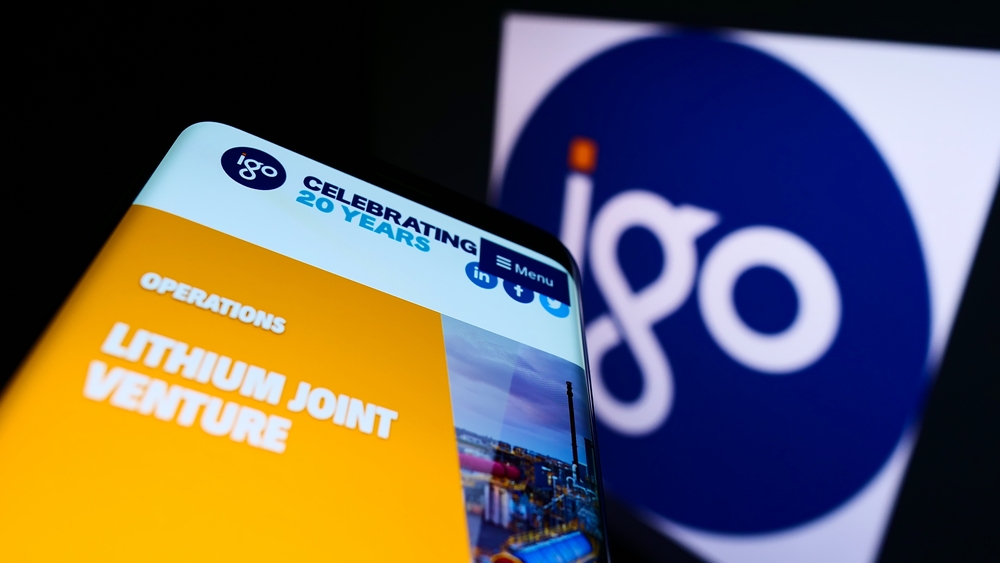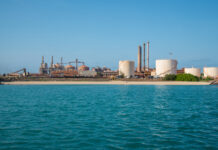IGO sees ‘no pathway’ for Kwinana refinery

After suspending construction of train 2 at the Kwinana refinery, IGO (ASX: IGO) now has little hope for the project’s future, citing uncompetitive energy and labour costs.
In July, IGO announced it had fully impaired its 49% stake in the Kwinana lithium hydroxide refinery in WA due to ongoing operational issues. Tianqi holds the remaining 51% stake in the refinery.
The refinery’s lithium hydroxide production of 2775t last quarter represented 46% of nameplate capacity.
Speaking at the company’s annual general meeting, IGO managing director and chief executive Ivan Vella said the company had left no stone unturned at Kwinana.
“After three years, it’s just not working,” he said.
“This is a challenged asset and it’s not something that we think is worth chasing down the road and trying to solve.
“Equally, if it was nameplate today, we still don’t believe that it would be economic. That’s not a function of that particular asset; that’s a function of what it means to do downstream processing in Australia.”
When asked by a shareholder if improvement in lithium prices would make Kwinana at least breakeven or potentially profitable, Mr Vella said it was critical to focus on the cost of processing.
“There is considerable excess capacity in China today,” he said.
“Probably about half of the capacity is being utilised at present.
“If [costs are] 2-3 or more times the cost for the processing, that erodes any potential margin.
“Even as the [lithium] cycle moves, it becomes very challenging to maintain the competitiveness when your underlying costs are so high. That is a function of the underlying inputs, the energy costs, gas, electricity, labour et cetera.
“China does this very well. They’re extremely good at downstream processing — not just in lithium, in all commodities — they have massive strength. That’s a challenge for us to consider.”
Tianqi seems unaligned with IGO’s stance, likely due to the refinery’s position as a supply source for the company’s downstream operations.
“We’ve done our homework, looked at the economics. We don’t see a pathway,” Mr Vella said.
“I think that’s really hard to hear in a world where we need more downstream processing in Australia. The economics don’t stack up.”
Mr Vella says IGO is in talks with Tianqi about the future of the refinery and the conversation is ongoing.






















